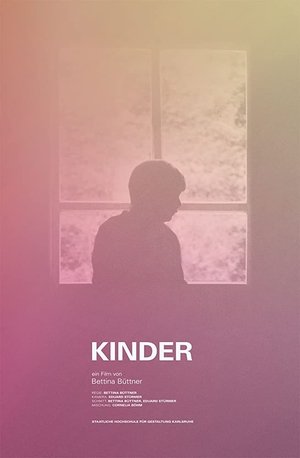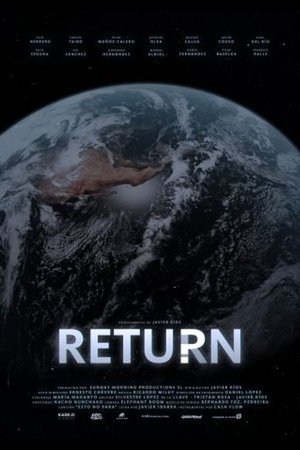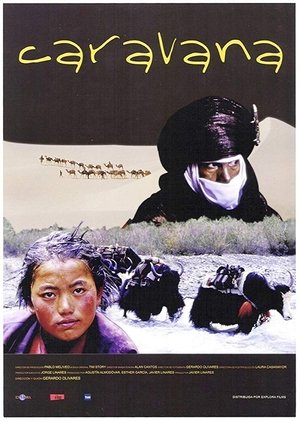
Kids(2011)
In Bettina Büttner’s exquisitely lucid documentary Kinder (Kids), childhood dysfunction, loneliness, and pent-up emotion run wild at an all-boys group home in southern Germany. The children interned here include ten-year-olds Marvin and Tommy. Marvin, fiddling with a mini plastic Lego sword, explains matter-of-factly to the camera, “This is a knife. You use it to cut stomachs open.” Dennis, who is even younger, is seen in a hysteric fit, mimicking some pornographic scene. Boys will be boys, but innocence is disproportionately spare here. Choosing not to dwell on the harsh specifics, Büttner reveals the disconcerting manner in which traumatic episodes can manifest themselves in the mundane — a game of Lego, Hide and Seek, or Truth or Dare. Filmed in lapidary black-and-white, Büttner’s fascinating film sheds light on childhood from the boys’ characteristically disadvantaged perspective — one not yet fully cognizant — leaving much ethically to ponder over.
Movie: Kids
Video Trailer Kids
Recommendations Movies
 8.2
8.2We Were There: True Love(ja)
During the 2nd year of high school in the winter season, Yano transferred from Kushiro to Tokyo due to a family matter. Yano and Nanami promised to meet again. A couple of years later, Nanami is busy finding a job, while Yano's friend Takeuchi supports her. in the beginning, Yano and Nanami kept their relationship, even with the long distance between them, but Yano suddenly stops contacting Nanami.
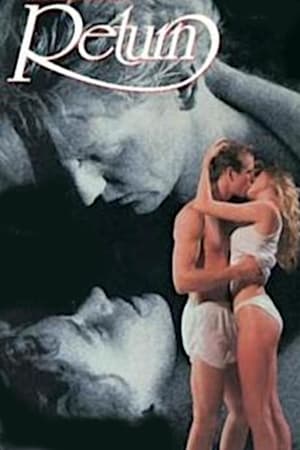 6.1
6.1Return(en)
After reading an article about hypnotic regression, a woman whose maternal grandfather died when she was only three years old contacts the hypnotic subject named in the article believing that he is the reincarnation of her grandfather, and hoping that she can learn the truth about how he died.
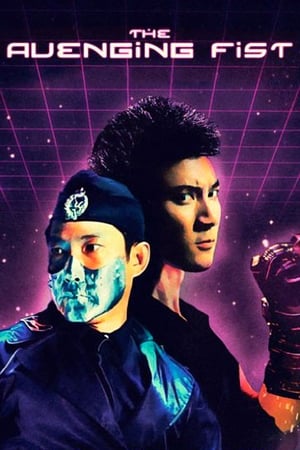 5.7
5.7The Avenging Fist(cn)
In the future, a rogue cop uses the Power Glove, a device that gives its wearer super powers, to further a malicious agenda leading to a clash between the forces of good and evil.
Return(en)
Static images of an old country house are combined with voices of the past to evocative effect. Haunting and nostalgic, 'Return' conveys the life that exists in old, abandoned places.
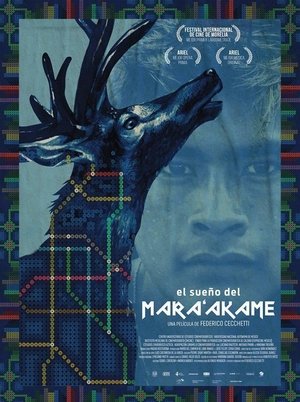 6.5
6.5Mara'akame's Dream(es)
Nieri is an indigenous teenage boy from the Wirrarika culture, who is being indoctrinated by his father on the path of dreaming to reach the Blue Deer and become a Marakame. However, Nieri doubts about having the gift that is necessary to become a Marakame. His real dream is to play Mexican country music and to go to Mexico City to play there with his friends.
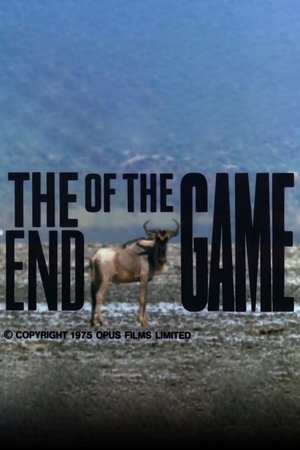 7.3
7.3The End of the Game(xx)
An intimate view of the panorama of African wildlife, giving a sense of what it is really like to be there, and in a dramatic climax makes a poignant plea for conservation. Filmed in Zaire, Kenya and Tanzania, the film takes the viewer from deep inside an anthill, to the majestic giraffes suckling their young. African storms, dung beetle ritual dances, duels for supremacy, feeding time, and playtime all end as the animals disappear one by one while the sound of a rifle shatters the existing magic of life. Winner of the Academy Award for Documentary Short Subject, 1976.
 6.5
6.5Joy in Moscow(fr)
Pretty Joy and her friend come to Moscow to shoot a commercial. A taxi driver, who recruits girls for an underground organization run by a distant descendant of Rasputin, suggests they visit the Rasputin Museum. During the tour, the girls are hypnotized by the evil character, who hypnotizes his victims before using their charms to seduce the rich tourists.
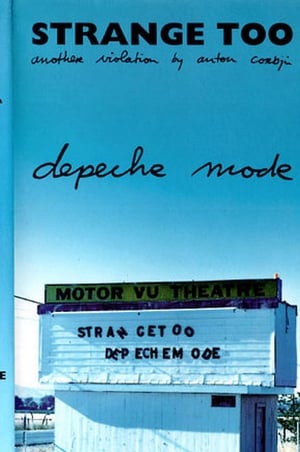 7.3
7.3Depeche Mode: Strange Too(fr)
Strange Too - Another Violation by Anton Corbijn is the third music video compilation by Depeche Mode, featuring more videos directed by Anton Corbijn, released in 1990. Unlike the previous video, Strange, all the videos are fully in color. There are six videos, all songs from the album Violator, released in the same year. There is one for each of the four singles, plus two bonus videos, for "Halo" and "Clean", exclusive to "Strange Too". As with its predecessor, Corbijn shot all six videos in Super-8. The tallest woman in the "Halo" video is a young Jenna Elfman. The Drive-In featured in the introduction to the compilation is the "Motor Vu Drive-In", located in Erda, Utah, west of Salt Lake City, near the town of Tooele, this part of the video being shot the day after the band's concert in Salt Lake City in July, 1990.
 5.0
5.0The Black Press: Soldiers Without Swords(en)
The history of black newspapers in America.
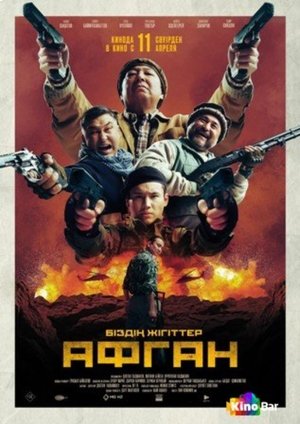 7.3
7.3Afgan(kk)
A large number of drugs enter Kazakhstan from Afghanistan. To stop this, a special group must be created. The Ministry decides to send intelligence officer Oraz and two of his friends there, who participated in the war in Afghanistan and know the country well. The three veterans are joined by a young scout who despises the "old men". They will have to solve the drug problem, despite the conflict between two generations.
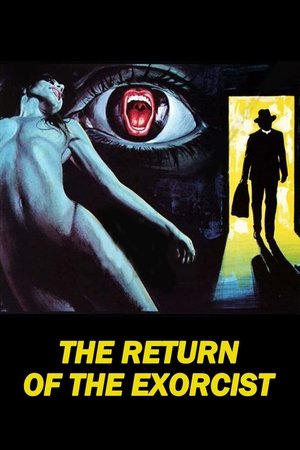 6.1
6.1The Return of the Exorcist(it)
An archaeology student photographs a mysterious naked woman by a waterfall, unaware that she is a female demon called Haggia, who soon takes possession of him via a cursed amulet.
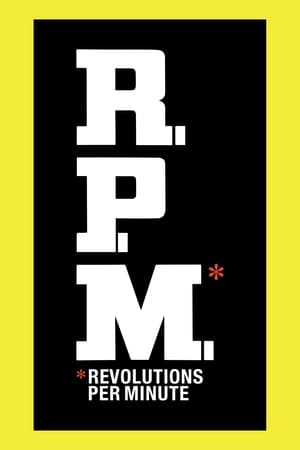 6.3
6.3R.P.M.(en)
R.P.M. stands for (political) revolutions per minute. Anthony Quinn plays a liberal college professor at a west coast college during the hedy days of campus activism in the late 1960s. Radical students take over the college, the president resigns, and Quinn's character, who has always been a champion of student activism, is appointed president. As the students continue to push the envelope of revolution, Quinn's character is faced with the challenge of restoring order or abetting the descent into anarchy.
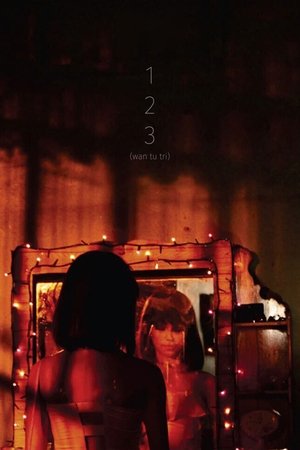 6.7
6.7Gasping for Air(tl)
When his sister disappears after leaving their home in hopes of singing stardom, Luis tracks her down and discovers the grim reality of her whereabouts.
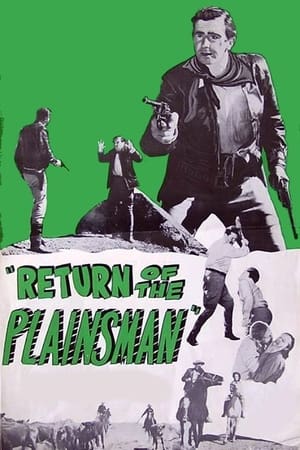 4.8
4.8The Phantom Stockman(en)
Kim Marsden inherits a cattle station near Alice Springs after the death of her father. Kim becomes convinced her father was murdered. She sends for a legendary local bushman called the Sundowner, who was one of her father's best friends.
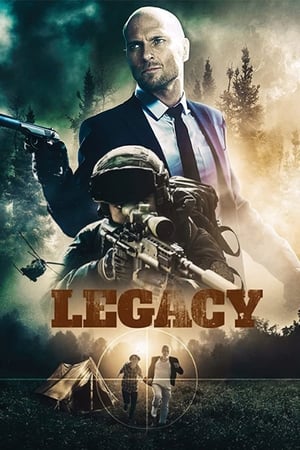 6.2
6.2Legacy(en)
While on a hunting trip in the isolated wilderness, a father and his adopted teenage son are turned into the prey of unknown assailants. They are unexpectedly joined in their fight for survival by a stranger who reveals the disturbing truth about the son's biological father, an international crime lord, and why that crime lord has sent trained assassins to kill the teenager.
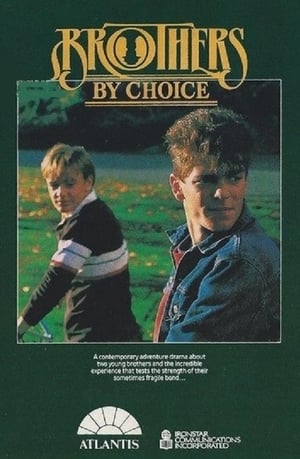 8.0
8.0Brothers by Choice(en)
A boy blames himself for his brother's disappearance and sets out to find him. During their adventure, they realize that they are not brothers by birth, but brothers by choice.
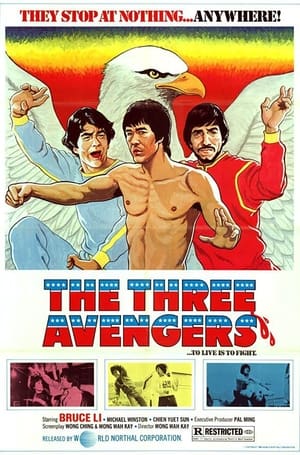 7.9
7.9The Lama Avenger(cn)
When two acrobats are fired for fighting with punks in the audience, they go to live with an aunt who's being pressured to sell her house for a real estate development. The developer's nasty son, Lee Fu, decides to muscle the sale, and soon he's at war with the acrobats, plus their unlikely ally, an American named John who used to be Lee Fu's friend. The acrobats open a kung fu school, the scene of several battles with Lee Fu's thugs. A fight to the death, jail time, auntie's surprise decision, a budding acting career, a possessive girlfriend, a debilitating injury, a friendship that needs recalibrating, and Lee Fu's avenger are all in the mix before the end.
 6.3
6.3Nana 2(ja)
Two girls with the same name but very different personalities share an apartment in this sequel to Nana. The rising fame of Nana Osaki's band, the Black Stones, is beginning to take a toll on the best friends' relationship. Meanwhile, Nana Komatsu struggles to make sense of her love triangle with Black Stones' guitarist Nobu and rival group Trapnest's bassist Takumi.
Similar Movies
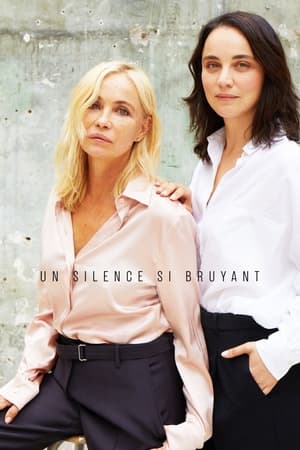 0.0
0.0Such a Resounding Silence(fr)
Through this documentary, Emmanuelle Béart aims to uncover the truth about incest. The actress, accompanied by director Anastasia Mikova, breaks her silence and confronts her reality with that of others, shedding light on a taboo subject.
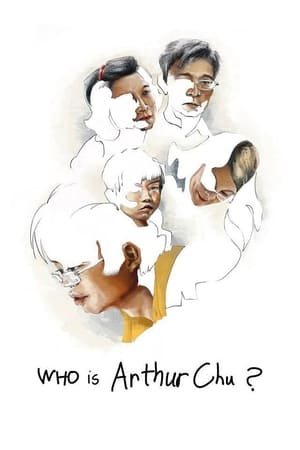 6.5
6.5Who Is Arthur Chu?(en)
Documentary feature about 11-time Jeopardy! champion and Internet iconoclast, Arthur Chu.
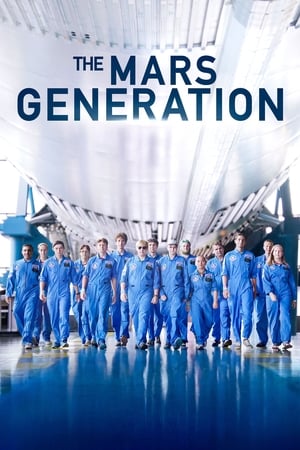 6.5
6.5The Mars Generation(en)
Aspiring teenage astronauts reveal that a journey to Mars is closer than you think.
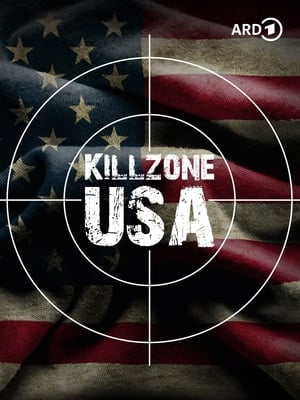 4.0
4.0Kill Zone USA(de)
30,000 people die in the US each year by firearms. Collateral damage of an undeclared civil war, from which the arms industry has benefited for decades under German and European participation. Starting from the massacre at Sandy Hook Elementary School, this documentary examines why we can't stop the arms madness.
 6.2
6.2Germany in Autumn(de)
Germany in Autumn does not have a plot per se; it mixes documentary footage, along with standard movie scenes, to give the audience the mood of Germany during the late 1970s. The movie covers the two month time period during 1977 when a businessman was kidnapped, and later murdered, by the left-wing terrorists known as the RAF-Rote Armee Fraktion (Red Army Fraction). The businessman had been kidnapped in an effort to secure the release of the orginal leaders of the RAF, also known as the Baader-Meinhof gang. When the kidnapping effort and a plane hijacking effort failed, the three most prominent leaders of the RAF, Andreas Baader, Gudrun Ensslin, and Jan-Carl Raspe, all committed suicide in prison. It has become an article of faith within the left-wing community that these three were actually murdered by the state.
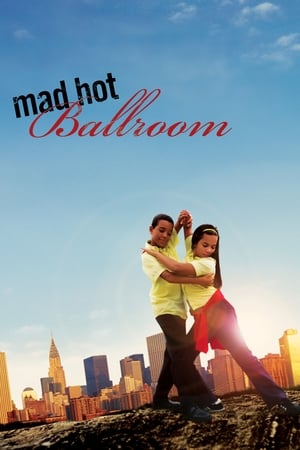 6.8
6.8Mad Hot Ballroom(en)
Eleven-year-old New York City public school kids journey into the world of ballroom dancing and reveal pieces of themselves and their world along the way. Told from their candid, sometimes humorous perspectives, these kids are transformed, from reluctant participants to determined competitors, from typical urban kids to "ladies and gentlemen," on their way to try to compete in the final citywide competition.
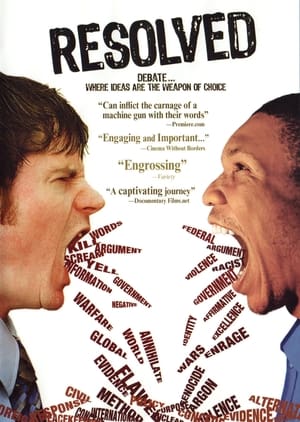 7.2
7.2Resolved(en)
The fascinating complexity of high school debate gives way to a portrait of the equally complex racial and class bias of American education in Greg Whiteley's riveting documentary.
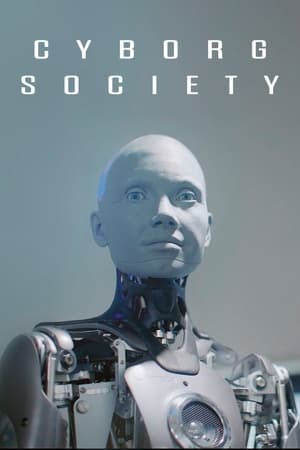 7.0
7.0Cyborg Society(en)
What does the looming A.I. revolution mean for us as individuals and as a society?
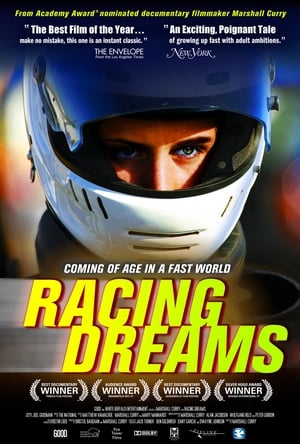 7.3
7.3Racing Dreams(en)
From go-kart champs, NASCAR winners are bred -- or so goes the thinking of the drivers (and their families) involved in the World Karting Association's National Pavement Series. This documentary follows three of the series' top contenders. Although small in stature, the adolescent racers harbor big dreams as they hit speeds of 60 to 70 miles per hour in their quest to ascend the first rung on their way to NASCAR in this film from Marshall Curry.
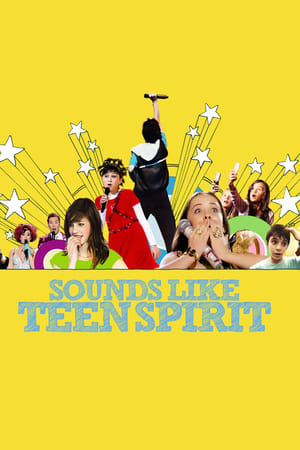 6.7
6.7Sounds Like Teen Spirit(en)
A 2008 documentary and debut feature film of Bafta-Award nominated director Jamie Jay Johnson. It follows the lives of the participants of the Junior Eurovision Song Contest 2007, specifically the entrants from Belgium, Bulgaria, Cyprus and Georgia. The film sees them proceed from the national finals that saw them crowned the representatives of their country through to the international song festival itself held in Rotterdam, the Netherlands where they each compete against 16 other acts.
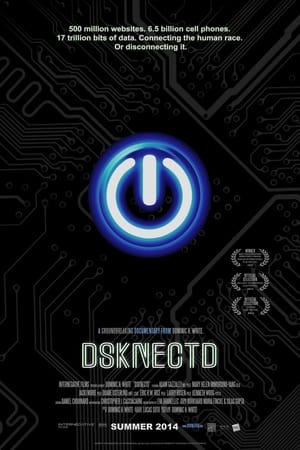 6.9
6.9DSKNECTD(en)
As clichés go, in 1999 the World as we knew it was about to change - and we'd been expecting it. Since childhood we'd been promised that the 21st century would bring us dramatic new technologies like flying cars and Utopian cities. Instead it bought us the smart-phone, social media, and virtual societies. And as it turns out these technologies began to transform society almost as dramatically as the moon colonies we'd been expecting. Now over a decade into the revolution, 'DSKNECTD' explores how digital communication technology is profoundly changing the way we interact and experience each other - for the good and for the bad.
 0.0
0.0The Perfumed Garden(ar)
THE PERFUMED GARDEN is an exploration of the myths and realities of sensuality and sexuality in Arab society, a world of taboos and of erotic literature. Through interviews with men and women of all ages, classes, and sexual orientation, the film lifts a corner of the veil that usually shrouds discussion of this subject in the Arab world. Made by an Algerian-French woman director, the film begins by looking at the record of a more permissive history, and ends with the experiences of contemporary lovers from mixed backgrounds. It examines the personal issues raised by the desire for pleasure, amidst societal pressures for chastity and virginity. The film discusses pre-marital sex, courtship and marriage, familial pressures, private vs. public spaces, social taboos (and the desire to break them), and issues of language.
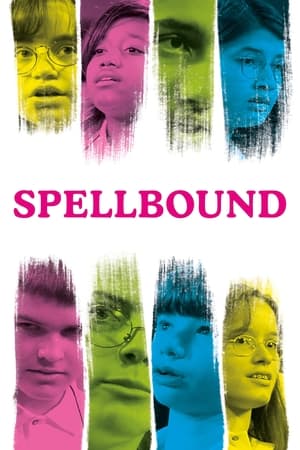 7.4
7.4Spellbound(en)
This documentary follows 8 teens and pre-teens as they work their way toward the finals of the Scripps Howard national spelling bee championship in Washington D.C.
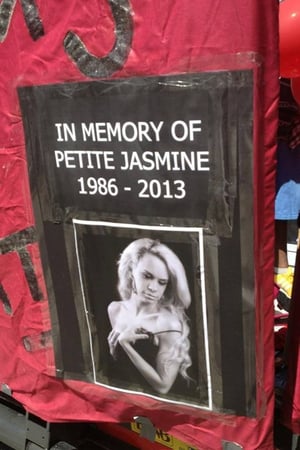 7.3
7.3Everything's Better than a Hooker(fr)
The tragedy of Eva-Marree, deprived of her children for prostitution then killed by their father. In a convincing indictment, director Ovidie denounces the abuse of power by a supposedly protective Swedish state.
Trashed(cs)
The short reportage film depicts the situation of hard-to-recycle waste. Our guides are a local government employee and the staff of Technical Services Zlín, whom the director interviewed and filmed at work. In the local context of an East Moravian municipality, it examines the technical, economic and political aspects of the problem. In addition, there are the inevitable social issues regarding the wider sustainability of the contemporary consumer lifestyle.
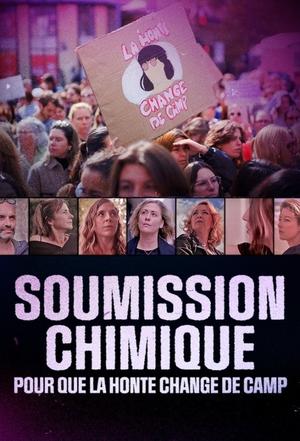 8.0
8.0Drugged and Abused: No More Shame(fr)
Caroline Darian, Gisèle Pelicot's daughter, looks back on the tragedy that shook her family: for ten years, her father drugged her mother to subject her to rapes committed by strangers recruited on the Internet. This case exposes the scandal of chemical submission, a practice where attackers, generally close to the victims, use prescription or over-the-counter medications to commit their crimes. This phenomenon, far from being marginal, affects victims with varied profiles...
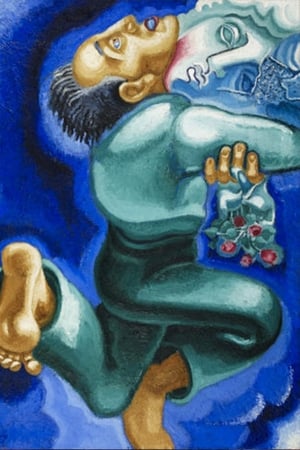 6.5
6.5Mário Eloy - A Runaway Painter(pt)
Documentary about the life and work of Mário Eloy, one of the greatest painters of the second generation of modernism in Portugal.
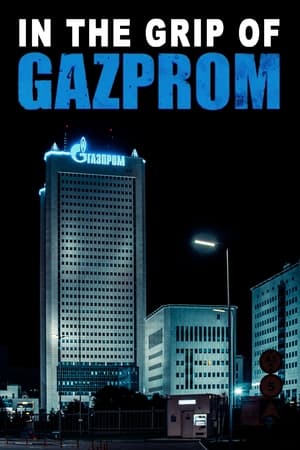 8.0
8.0In the Grip of Gazprom(de)
The war in the Ukraine has changed the way many European countries view Russian politics. Suddenly it became clear how dependent countries had become on Russian gas imports for decades and what Vladimir Putin was up to. However, no country needs more gas than Germany. It was only after Russia's invasion of the Ukraine that the German government realized that Russia had long used gas as a weapon to impose its will on states. The instrument created for this purpose is the natural gas production company GAZPROM. So how did Germany become so dependent on Russian gas? The documentary shows how, over several decades and several changes of government, a broad alliance of politicians and business representatives did everything possible to secure Germany's energy supply with cheap Russian gas, while the Kremlin's foreign policy became increasingly aggressive and the warnings of experts went unheeded.
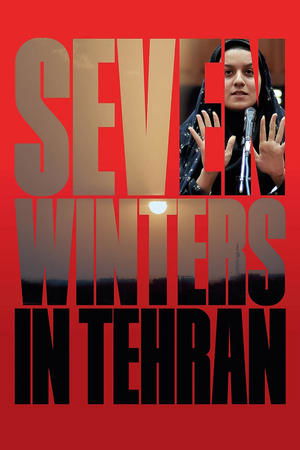 7.5
7.5Seven Winters in Tehran(fa)
After seven years in prison, a female student in Tehran is hanged for murder. She had acted in self-defence against a rapist. For a pardon, she would have had to retract her testimony. This moving film reopens the case.
